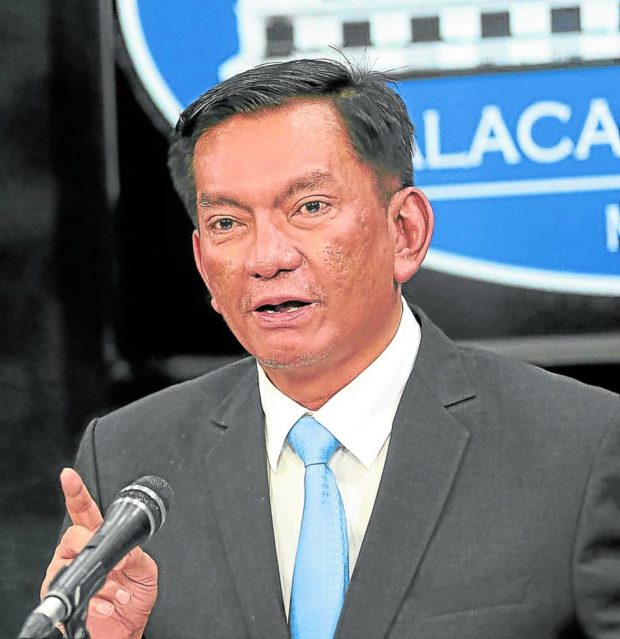
FILE PHOTO: Albay Rep. Joey Salceda. INQUIRER
MANILA, Philippines — Albay 2nd District Rep. Joey Salceda believes that the Ninoy Aquino International Airport (Naia) should have been closed, but privatizing and redeveloping it would make Metro Manila a more livable location.
Salceda in a statement on Friday said that the best time to privatize Naia has passed, but the best thing to do now is to hand out awards to redevelop the airport, especially since the planned $11 billion Sangley Point International Airport (SPIA) would address concerns that airports in Clark, Pampanga and Bulacan are far from the southern residents.
“The best time to privatize Naia was yesterday. It is a major source of congestion in the South. It has also restricted plenty of efficient development due to the air clearance restrictions in the vicinity. Good, walkable, and accessible cities work best when habitation and commerce go vertical,” Salceda said.
“That said, the next best thing is to begin the process of awarding and eventually implementing redevelopment. SPIA will address the problem of Clark and Bulacan being too far from citizens of the South of Manila Area (Cavite, Laguna, Batangas). So, we will have airports North of Manila and South of Manila,” he added.
One focus of the redevelopment of Naia, Salceda said, is to link different transportation modes like light rail systems to the airport itself to avoid limiting airport goers to private vehicles or rented cars.
The Albay lawmaker proposed establishing a bus rapid transit (BRT) system like the ones found in other countries, where buses stationed at the airport transport arriving passengers to specific areas through dedicated lanes.
“Ideally, what we should do next is to do transport-oriented planning and development around what to do with the NAIA real estate. With a train system or a BRT going directly through Naia, for example, it becomes possible to link the Bay Area directly with BGC from West to East. A lot of the logistics hubs down south will benefit from that,” Salceda said.
“You can also divert plenty of traffic by bisecting Naia from North to South to directly connect Baclaran and FTI via public transport. That would allow you to connect the FTI and Merville area to LRT 1 since the LRTA depot is already there. That could be an entire LRT 1 – spur line. So many of the car-going subdivision residents suddenly have an option to commute directly from home, so that will help decongest traffic in the South,” he noted.
SPIA Development Consortium, led by Virata-Yuchengco, was officially awarded the $11 billion contract to develop Sangley Point International Airport, reports said on Thursday.
Last August 23, the Philippine Daily Inquirer said in a report that the local government of Cavite invited Leonides Virata of SPIA Development Consortium member Cavitex Holdings Inc. to attend the awarding and signing ceremony of the airport project.
This came after Cavite’s government concluded the 60-day competitive or Swiss challenge for the project last August 17. There were no other competitors who surfaced during the process.
READ: SPIA bags $11-B Sangley airport contract
With the Sangley Point poised to become an international airport, and the New Manila International Airport being visualized in Bulakan, Bulacan, the Greater Manila Area would have at least three international airports outside of Metro Manila — including Clark International Airport.
READ: World-class ‘aerocity’ rising
But aside from congestion, Salceda said that redeveloping Naia can also address flooding on the southern side of Metro Manila if a water catchment facility under the airport — like the one at the University of Santo Tomas — is constructed.
“Underneath Naia, you can also build plenty of water catchment, the same type they did with the UST grounds, so that could address flooding down south,” the lawmaker said.
“The revenues from Naia privatization can be optimized to make our military and uniformed personnel pension more sustainable so that we don’t draw from the national budget all the time and all throughout. That will follow the BCDA model, which uses proceeds for AFP modernization,” he added. With reports from Lyka Farillon, INQUIRER.net trainee

